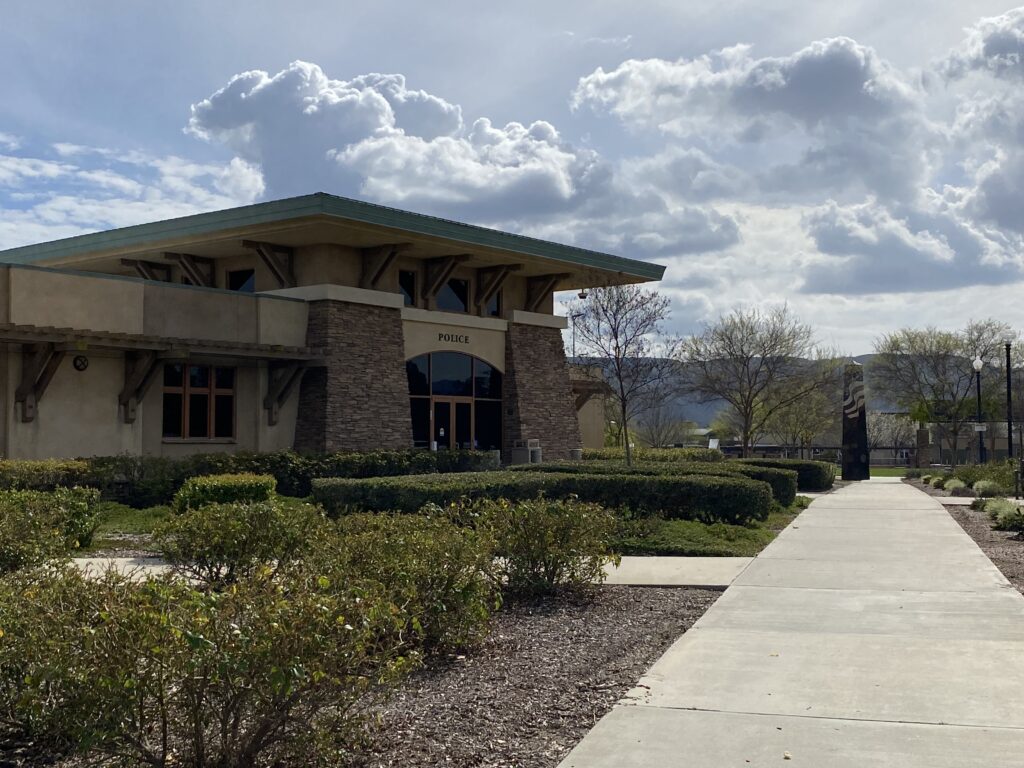
- Public Safety and Crime Reduction: The primary function of a police department is to protect and serve the community. A well-trained and equipped police force can contribute to reducing crime rates, ensuring public safety, and responding promptly to emergencies.
- Community Policing: Establishing positive relationships between law enforcement officers and the community is essential for effective policing. Community policing fosters trust and collaboration between the police and residents, leading to a better understanding of local issues and more effective problem-solving.
- Crime Prevention Programs: Police departments often run various crime prevention initiatives, including educational programs, neighborhood watch programs, and outreach events. These efforts can help raise awareness, empower citizens, and reduce the likelihood of criminal activities.
- Traffic Safety: Police departments enforce traffic laws to ensure safer roads for all residents and visitors. Traffic enforcement can reduce accidents and save lives.
- Crisis Response and Emergency Services: In times of natural disasters, accidents, or other emergencies, a well-prepared police department can coordinate responses, assist in evacuations, and provide essential services to those in need.
- Investigative Support: A capable police department employs skilled detectives and investigators to solve crimes, gather evidence, and bring offenders to justice. This helps deter future criminal activity.
- Mental Health and Crisis Intervention: Some modern police departments have implemented specialized training for officers to better handle situations involving individuals with mental health issues, reducing the likelihood of unnecessary escalation.
- Youth Outreach and Programs: Engaging with the youth through outreach programs and school partnerships can help build positive relationships and steer young people away from delinquency.
- Support for Vulnerable Populations: Police departments can assist vulnerable populations, such as victims of domestic violence or human trafficking, by providing resources, support, and referrals to relevant services.
- Maintaining Order and Rule of Law: The presence of a police department helps maintain order in the community and upholds the rule of law, promoting a sense of security and stability.
It’s essential to recognize that the effectiveness of a police department depends on various factors, including leadership, training, community engagement, resource allocation, and adherence to best practices and policies.
